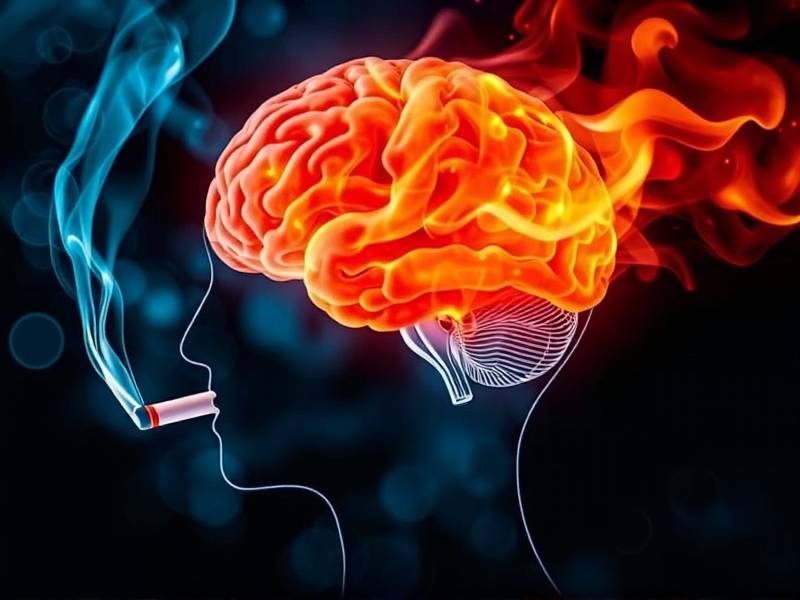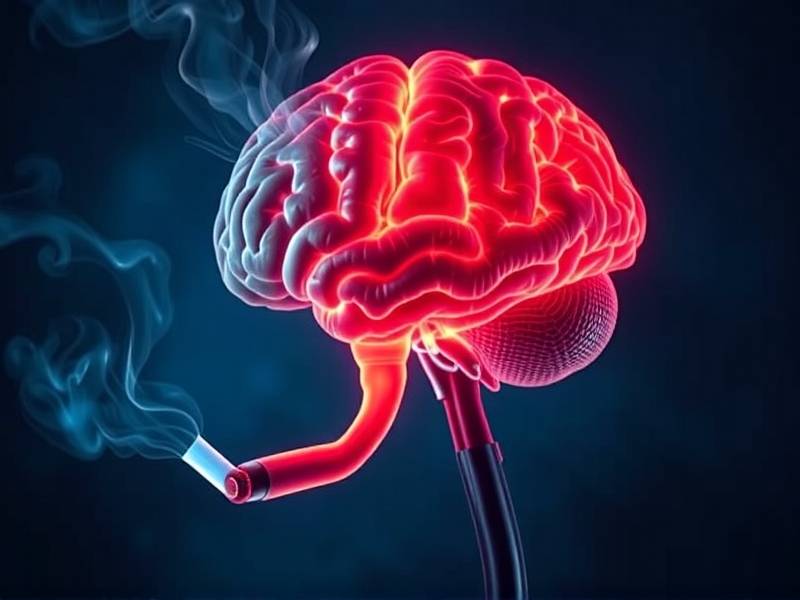How Does the Brain Recover After Quitting Smoking?
The Journey of Brain Recovery: A Deep Dive into Quitting Smoking
Introduction: The decision to quit smoking is a significant step towards a healthier life. However, many individuals are often concerned about how their brain will recover after quitting. This article delves into the fascinating process of brain recovery post-quit, providing insights and hope for those on this transformative journey.

-
Understanding the Impact of Smoking on the Brain Smoking affects the brain in numerous ways, including altering neurotransmitter levels and damaging brain cells. The primary chemicals in cigarettes, such as nicotine and carbon monoxide, interfere with brain function and contribute to cognitive impairments.

-
The Immediate Effects of Quitting Smoking When you quit smoking, your body starts to undergo immediate changes. Within minutes of quitting, your blood pressure and heart rate begin to normalize. After 12 hours, carbon monoxide levels drop significantly, increasing the oxygen supply to your body and brain.
-
The First Month: A Time of Adjustment During the first month after quitting, you may experience withdrawal symptoms such as irritability, anxiety, and mood swings. However, this period is crucial for your brain to start recovering from the damage caused by smoking.
-
Neurotransmitter Balance: The Key to Brain Recovery One of the primary reasons for cognitive impairments caused by smoking is the imbalance of neurotransmitters in the brain. Quitting smoking allows your body to restore a healthy balance of these neurotransmitters like dopamine and serotonin.
-
Improved Cognitive Function Over Time Research has shown that within three months after quitting smoking, individuals experience improved memory and attention span. After one year, there is a significant reduction in risk for cognitive decline and dementia compared to continuing smokers.
-
Long-Term Benefits: A Healthier Brain Over time, your brain continues to recover from smoking's impact. Long-term benefits include reduced risk of stroke and improved overall mental health.
-
Overcoming Challenges: Strategies for Success Quitting smoking can be challenging; however, adopting strategies such as nicotine replacement therapy (NRT), exercise, meditation, and seeking support from friends or professionals can help make the journey more manageable.
Conclusion: The journey of brain recovery after quitting smoking is a remarkable process that requires patience and perseverance. By understanding how your brain recovers over time and adopting effective strategies for success, you can pave the way for a healthier life free from tobacco's grasp. Remember that every step towards quitting is a step towards a healthier future!
